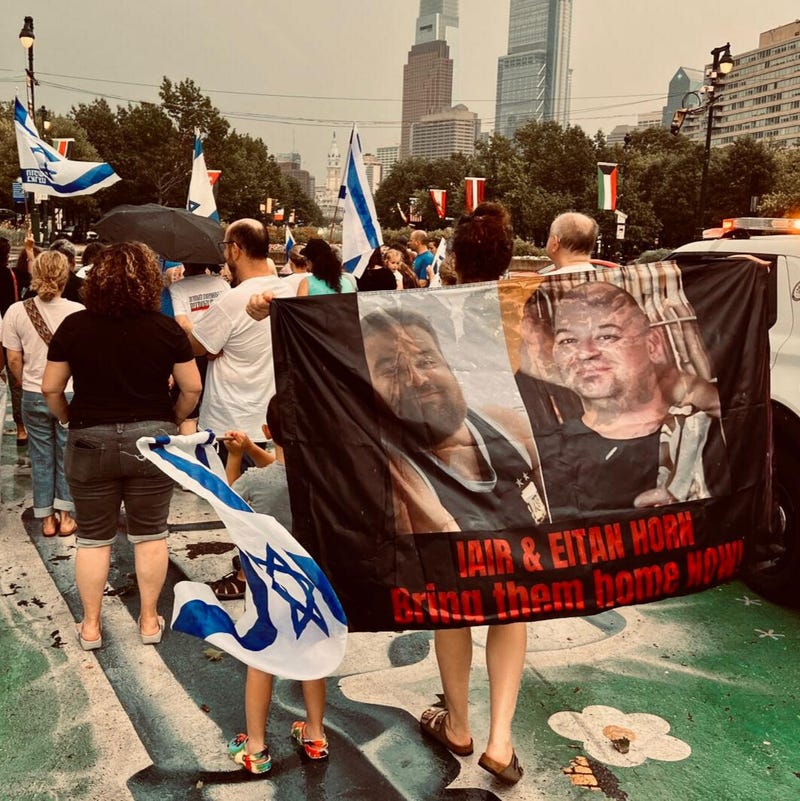
LOWER MERION TWP., Pa. (KYW Newsradio) — One year ago, Hamas abducted 251 people from Israel to the Gaza Strip and killed more than 1,200. The Oct. 7, 2023, surprise attack was the start of the ongoing Israel-Hamas war. The fate of about 100 people still in captivity remains uncertain, taking a serious toll on their families and close friends, which include people in the Philadelphia region.
"What matters more than anything is bringing these people home," says Noga Senderowitsch of Bala Cynwd.
Two of Senderowitsch’s close family friends were kidnapped that day.
"There was just no communication with them, and the next thing you know is their phones were pinging in Gaza," she said.
'Probably the worst thing you can hear'
Senderowitsch has Israeli and American citizenship. She remembers the horror of Oct. 7 last year, when she learned terrorists stormed through her friend Iair Horn’s kibbutz in southern Israel near the Gaza border.
On that day, Iair and his brother Eitan, who was visiting for the holiday weekend, disappeared.
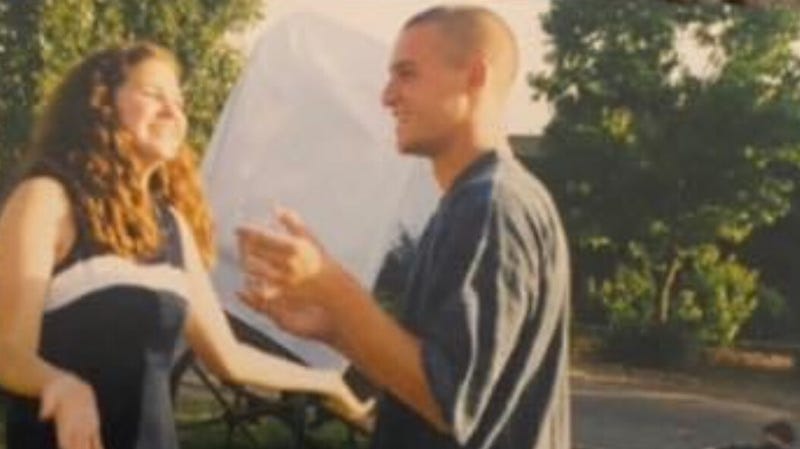
"It is probably the worst thing you can hear,” she said, “because, as we now know, and as we've known before, what happens when you get kidnapped? The conditions that you're in are horrendous. And so, getting kidnapped was probably one of the worst-case scenarios."
Senderowitsch says there was no word of their fate until a temporary cease-fire and hostage release came in November. About 100 hostages were freed. Some of them recalled seeing the brothers in Gaza.
"Fifty days after they were kidnapped is when we really got confirmation indeed that they were actually seen in the tunnels — that they were alive — but we haven't heard anything since,” said Senderowitsch.
“We know that they were kept separately at the time. That's — really, that's all we know."
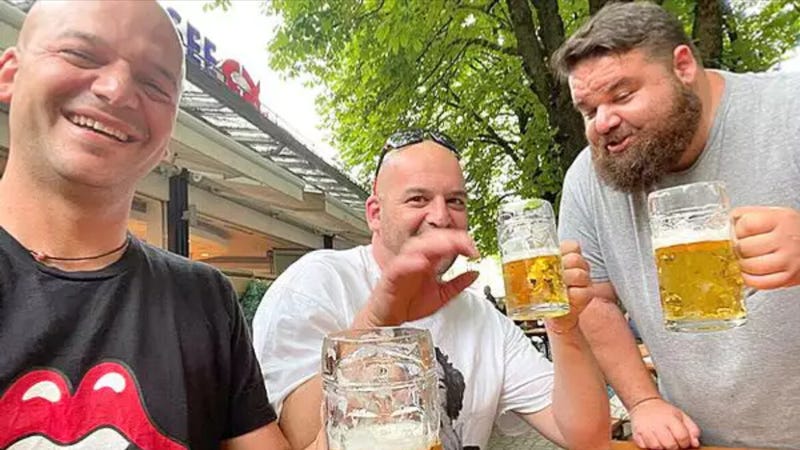
Senderowitsch says the trauma is with her daily, and she goes to therapy, but it is difficult for her to talk about how it affects her.
"Because I'm constantly thinking about Iair and Eitan's brother, the middle brother, who's left without his two brothers, the closest people to him. I think about Iair and Eitan's mother and father, who go out in the streets and beg for somebody to listen and to have a deal and to bring their kids home,” she said.
“So … the toll that it's taken on me? It's a little hard to even kind of talk about, because, who am I — as compared to them going through it, their families going through it? That's what's unbearable to me."
'We feel really powerless'
Senderowitsch says she stays in touch with the brothers’ family members in Israel every day, and she supports them by reaching out to anyone who will listen to get the remaining hostages freed.
"We organize for events that keep them in the news, that … that make people remember them, and make people remember that they're still there and that this is what we need to be fighting for — to bring them home,” she said.
“That helps, and that makes you feel less powerless. But, I mean, we are powerless. We feel really powerless."
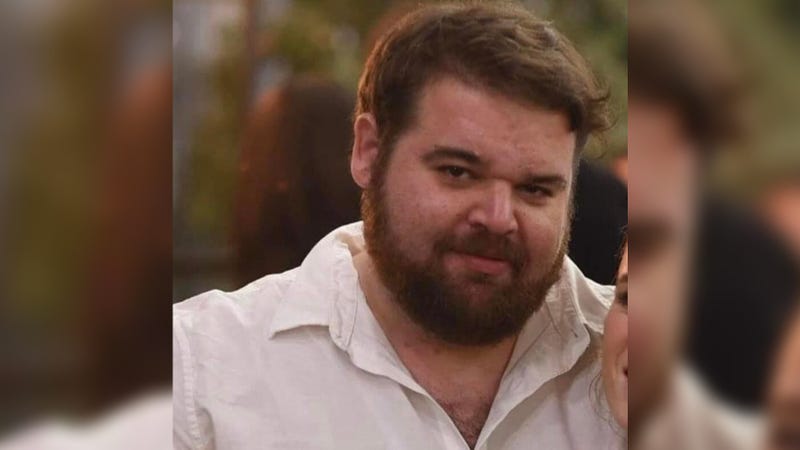
She says the people Hamas took hostage have done nothing wrong, and the fact that the hostage situation has become political is appalling.
"This should not be a political issue. These are people who were kidnapped in their pajamas," she said.
"It's people who are citizens who live in their home. Imagine that you are sitting in Bala Cynwd, Pennsylvania, and somebody kidnaps you and your kids from your bed. It's humanitarian. There is no politics to be had here."
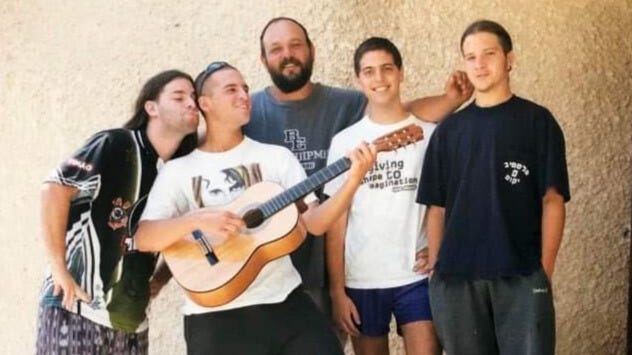
Asked if she is hopeful she will see the Horn brothers, Senderowitsch said, “That's a good question.”
And then, after a pause: “You know, I had this conversation with my therapist. It's really hard for me to admit, but I'm really less hopeful than I used to be."
She says, behind that uncertainty is the recent news of six Israeli hostages executed in southern Gaza.
"Young people under 40 that were executed a couple of weeks ago … it broke my heart and, I think, took away a lot of the hope. … It's been really hard to get back up after that."
Senderowitsch says she will, however, continue to fight for the hostages, to organize and rally — “and do everything we can to keep exerting pressure, from every direction, on our politicians in the U.S., on the politicians in Israel, and whoever the decision-makers are, to come to a deal. Because a deal is what is going to bring them home."
Reflecting in her own way
For the one-year mark, on Oct. 7, Senderowitsch said, she has been invited to speak at events and rally for the hostages — and she feels a call to participate — but, she said, the greater need for her is to stay away for a day.
"I'm going to hermit myself, I think, on Oct. 7, for lack of better words.”
She will stay home with her family, light candles and reflect in her own way.
“First of all, I am very triggered. … And, while being with the community is really helpful, I need to make sure that I'm not over exposing myself when emotions are raw. And a day like that, emotions are going to be raw. … It's been a year long, and I need my stamina. It's going on, and I can't crash. I've gotten sick many times. I need to take care of myself.”
She says she is concerned about the threat of violence against Jews around the world, even in the United States.
"I'm scared. I'm scared to be a Jew in the U.S. these days," she said. “I have small kids. And I’m scared.”
